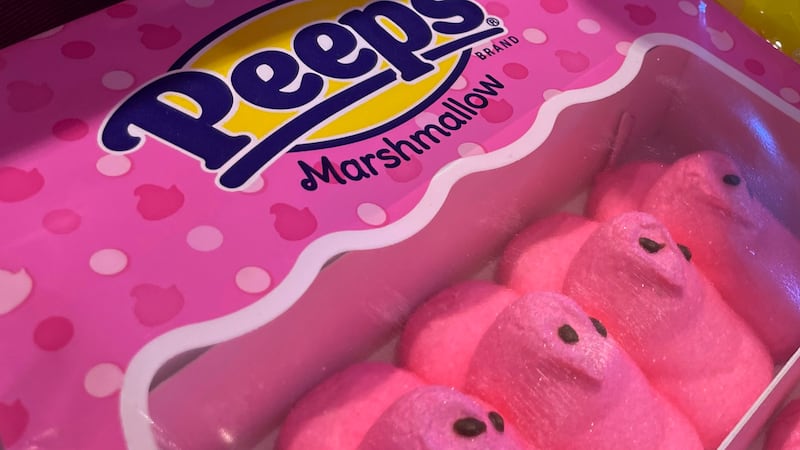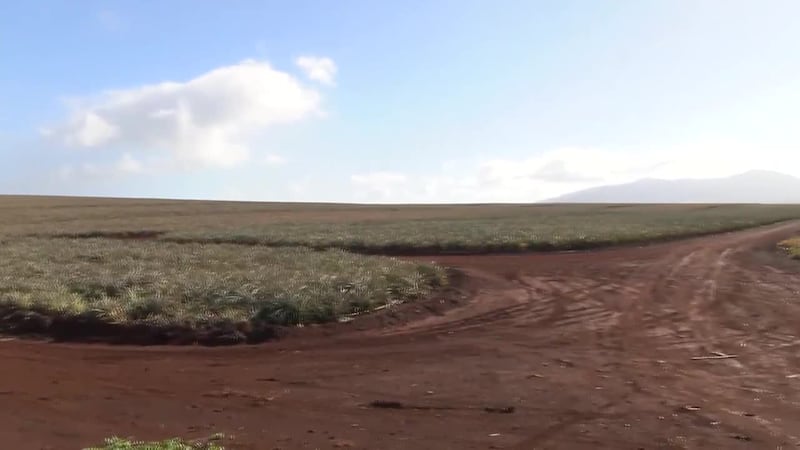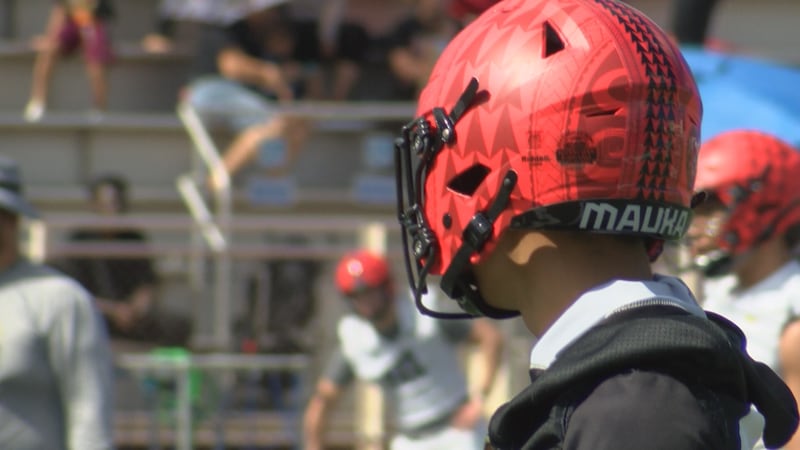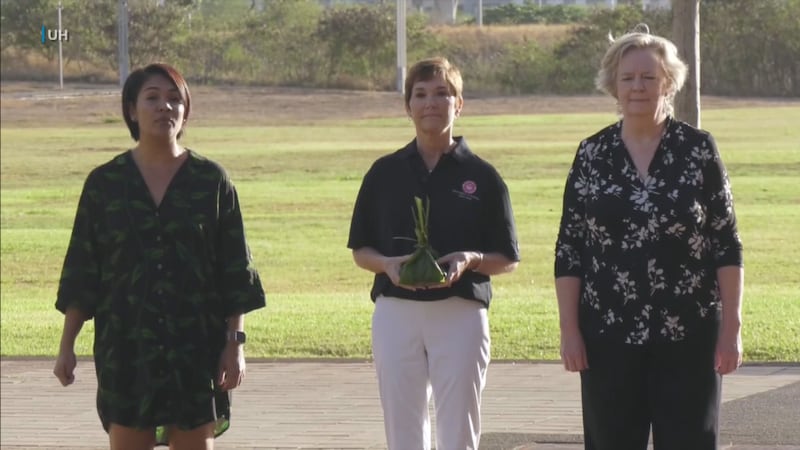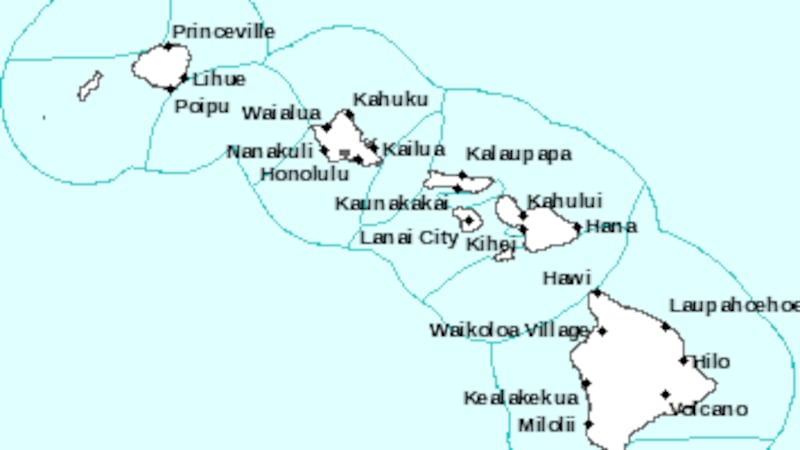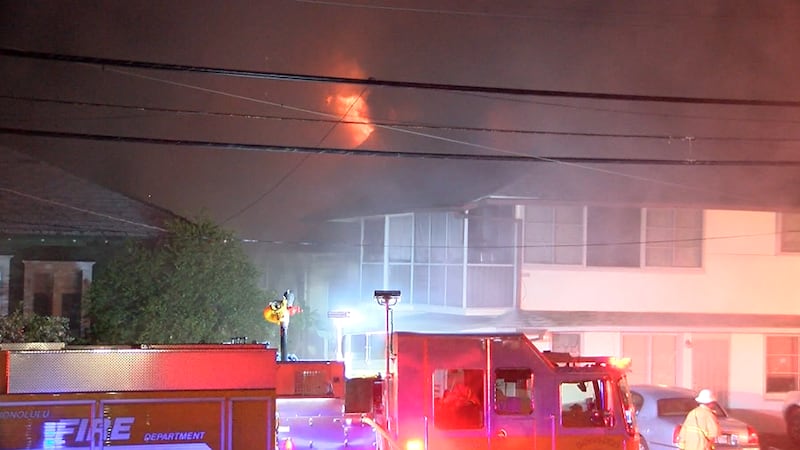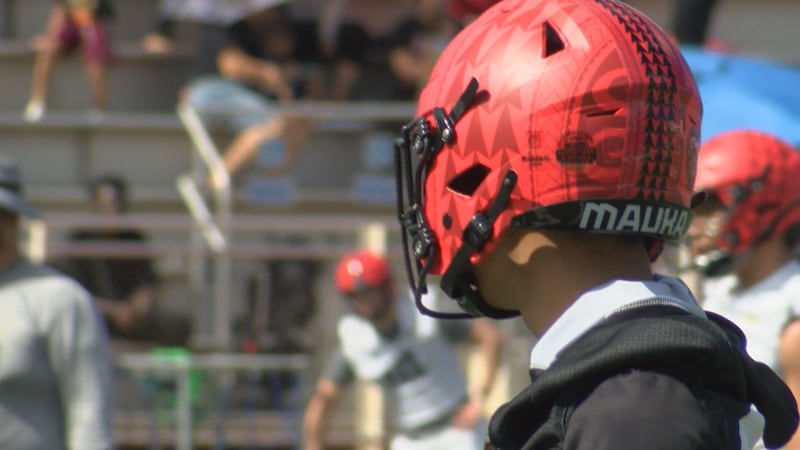Avian flu detected in Kauai wastewater samples
LIHUE (HawaiiNewsNow) - The Hawaii Department of Health State Laboratories Division has detected H5 avian influenza (bird flu) at very low levels in wastewater samples collected at the Lihue Wastewater Treatment Plant on Kauai.
The first detection was from a sample collected on Dec. 11, 2024, that was so low that it was not considered a positive result. Samples collected on Dec. 18, 2024, and Jan. 8, 2025, had similar detections.
While none is considered a positive result, the consistent, very low-level detections indicate a high likelihood that H5 bird flu virus is on Kauai, the department said.
No H5 virus infections of birds, dairy cows, or humans have been detected on Kauai to date. Detection of infected birds in the state has so far been limited to Oahu.
Avian flu in Hawaii
The H5 bird flu viruses include the H5N1 subtype of bird flu virus that has spread globally in birds since its initial discovery in 1996 and recently has been detected in several mammal species including dairy cows. Wastewater testing cannot determine if the detection is specifically this H5N1 subtype of bird flu virus.
The presence of the H5N1 bird flu virus in Hawaii was first confirmed in November 2024 in a backyard flock of birds in Central Oahu. That virus strain was a different genotype of the virus that has infected birds and dairy cows on the U.S. mainland.
H5 was subsequently detected at the Hilo Wastewater Treatment Plant on Hawaii Island.
PREVIOUS COVERAGE
- Voluntary pause on interisland movement of poultry, other birds to prevent spread of avian flu
- ‘It’s spreading’: Avian flu detected on neighbor island for first time
- Ducks sickened with avian flu on Pearl Harbor base
- State has veterinarian shortage as it responds to avian flu
- Concern for endangered birds rises as avian flu turns up at Kahuku wildlife refuge
- ‘It’s so bad.’ Hawaii’s first cases of avian flu confirmed at Wahiawa duck rescue
- Chicken farmers, owners ‘scared to death’ over Hawaii’s first avian flu detection
- State confirms avian flu in wild duck on Oahu’s North Shore
- State confirms avian flu in flock of birds in Central Oahu
Safety and reporting
While the risk to the public remains low, bird flu can cause severe illness with a high mortality rate among certain bird populations such as poultry. Commercial poultry producers and residents with backyard flocks are strongly advised to increase biosecurity measures to reduce the likelihood of infection. Bird flu can also infect dairy cows. While pasteurized milk is safe, raw milk should be avoided.
The Hawaii Department of Agriculture (HDOA) recommends the following for residents that need to remove a dead wild bird from their property:
- Wear disposable gloves or turn a plastic bag inside out and use it to pick up the carcass.
- Double-bag the carcass and throw it out with the regular trash.
- Wash your hands and disinfect your clothing and shoes after handling a dead wild bird.
- Be mindful of any health symptoms that may develop afterward.
To report multiple or unusual illnesses in poultry, livestock, or other wild birds or animals from any island in the state, contact HDOA Animal Industry Division at 808-483-7100, or, email: hdoa.ldc@hawaii.gov Monday to Friday from 7:45 a.m. to 4:30 p.m., or 808-837-8092 during non-business hours and holidays.
Residents who believe they may have been exposed to sick birds or other wildlife should contact the Disease Outbreak Control Division Disease Reporting Line at 808-586-4586 for additional guidance.
Resources
- HDOA, Animal Disease Control
- HDOA, Avian Influenza – Biosecurity in The Context of Animal Agriculture
- DOH avian influenza information
- Centers for Disease Control and Prevention
- U.S. Department of Agriculture
Copyright 2025 Hawaii News Now. All rights reserved.





